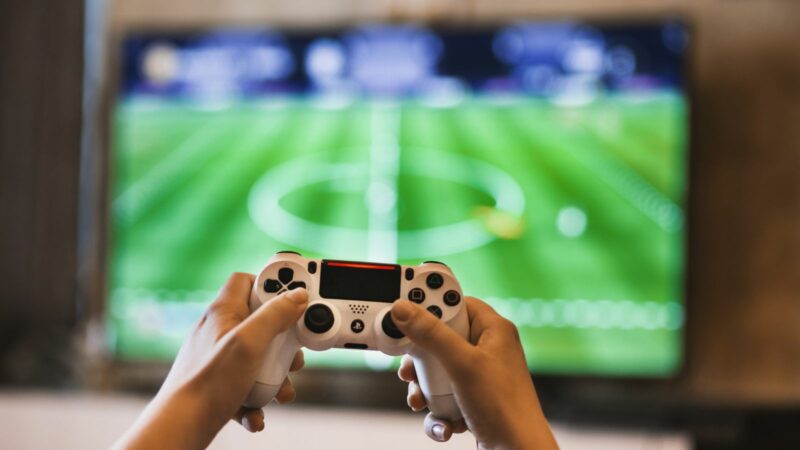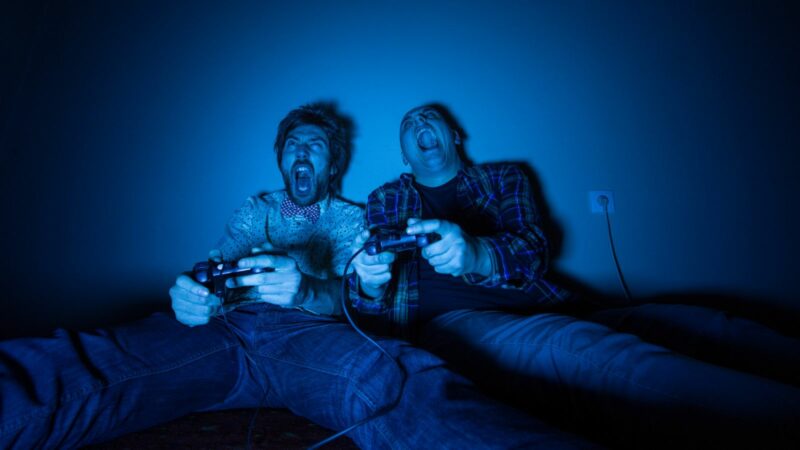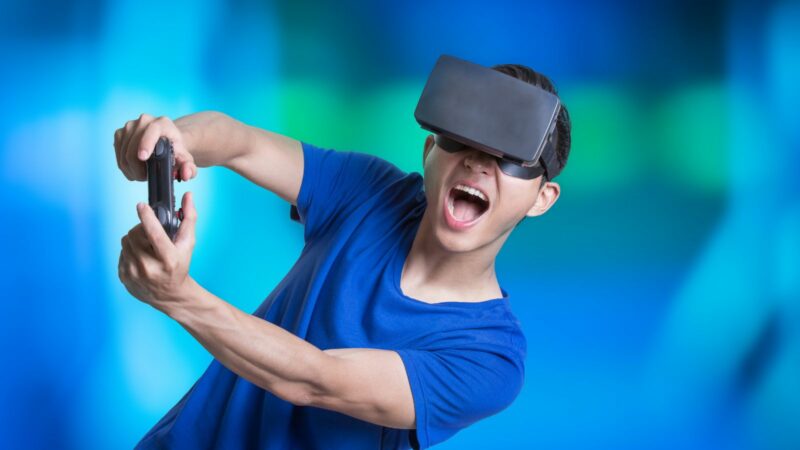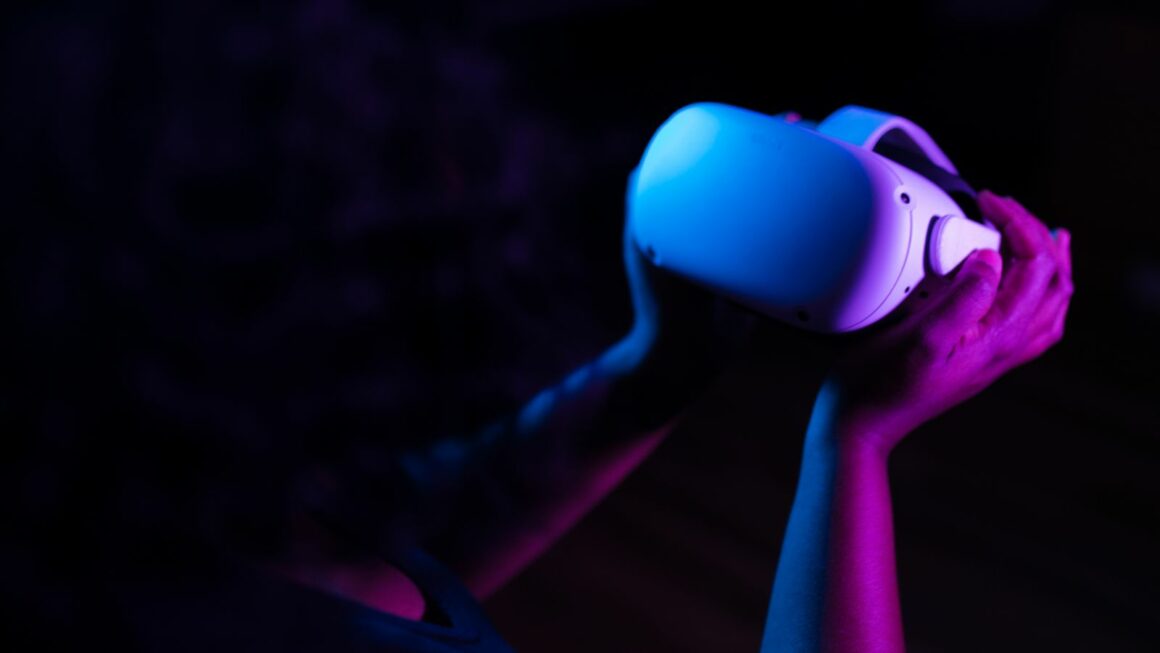In the ever-evolving world of gaming, equipment compliance isn’t just a technical term, it’s a necessity. It ensures that your gaming gear not only performs at its peak but also adheres to safety standards. But how do you find compliant gaming equipment in your local area?
Navigating the maze of gaming equipment can be daunting. From controllers to consoles, headsets to haptic suits, there’s a world of gadgets that need to meet the right specifications. This article will guide you through the process of ensuring your gaming equipment is up to par, right in your own backyard.
Gaming Equipment Compliance Near Me
Gaming equipment compliance isn’t just a catchphrase. It represents a set of rules and regulations that gaming peripherals must adhere to, ensuring a high level of performance and quality. Each country has its own regulatory standards that companies must comply with, often dictated by local laws and international agreements.

Gaming equipment compliance refers to the adherence of gaming hardware and software to specific regulatory guidelines. It covers everything from the electrical safety of gaming consoles, the ergonomics of game controllers, right down to the emission levels of electronic components. Examples are the Federal Communications Commission (FCC) compliance in the United States and the Conformité Européene (CE) in Europe.
Local compliance laws play a vital role in maintaining quality and safety in the gaming industry. These laws dictate what standards gaming equipment must meet, including aspects like emission levels, energy efficiency, and material safety. For gamers, acquiring locally compliant devices means they’re getting gear that’s passed stringent safety and performance checks. Furthermore, products that meet local compliance laws can typically receive support and repair services more easily, if needed.
Key Categories of Gaming Equipment
The gaming industry encompasses a variety of categories, each with its own set of regulatory compliances. This section delves into three main classes of gaming equipment: Video Game Consoles, PC Gaming Setups, and Virtual Reality Systems.

Video Game Consoles, with their popularity and wide reach, draw significant attention in terms of regulatory compliance. These devices incorporate complex technologies and multiple peripheral attachments. They optimize interaction with games, presenting amplification in visuals and sound that heightens the gaming experience. Regulations for these consoles align not just with electrical safety, but with emission standards and ergonomics.
PC Gaming Setups represent a distinct category in the gaming equipment ecosystem. Their multifaceted nature necessitates compliance concerning hardware components, game compatibility, overall performance, and safety. Legislation addressing these setups includes specific guidelines for all components like the monitor, keyboard, mouse, and headphones. By buying devices that adhere to these rules, gamers create setups with optimal performance, reduced wear-and-tear, and improved longevity.
How to Find Compliance Information
This section provides a guide to obtaining compliance information for gaming equipment. Remember, understanding these regulations is paramount for anyone interested in this industry, from gamers to manufacturers.

To grasp the extent of gaming compliance requirements, researching state and local laws aids greatly as they provide a fundamental perspective on regulations. Start by familiarizing oneself with the federal guidelines pertinent to gaming equipment. Additionally, delve into the minutiae of the state-specific rules that govern gaming peripherals. Databases like the Federal Communications Commission (FCC) in the U.S contain information about required compliance tests, for instance, electrical safety standards.
Aside from independent research, it’s often beneficial to consult with gaming compliance experts. These professionals are wealth mines of information, offering a nuanced understanding of compliance requirements, the latest changes in regulations, and implications for gaming gear specifications. Reach out and engage with such experts through various platforms: online compliance forums, legal consulting firms, and even tech conferences. They remain handy in reviewing compliance documents and interpreting the language of the law.
The exploration of compliance information is thus a multifaceted approach, engaging both self-guided research and expert consultation. By so doing, stakeholders manage to navigate the legal landscape, ensuring the gaming industry continues to thrive without legal hitches.

